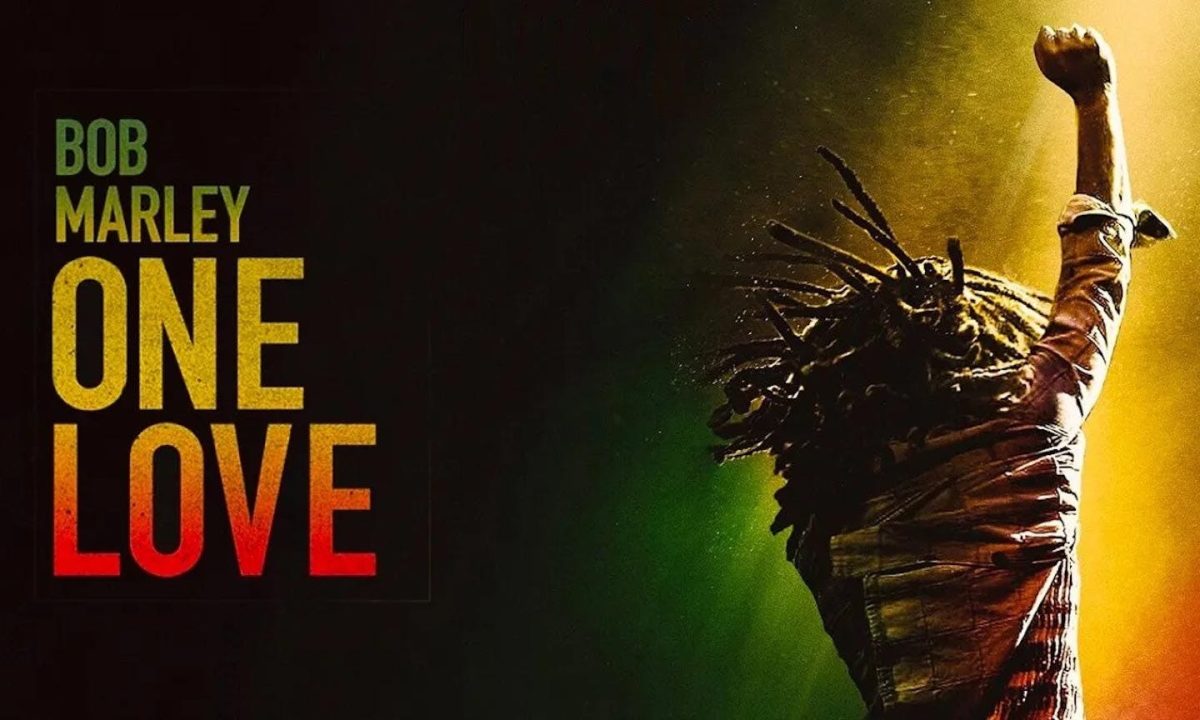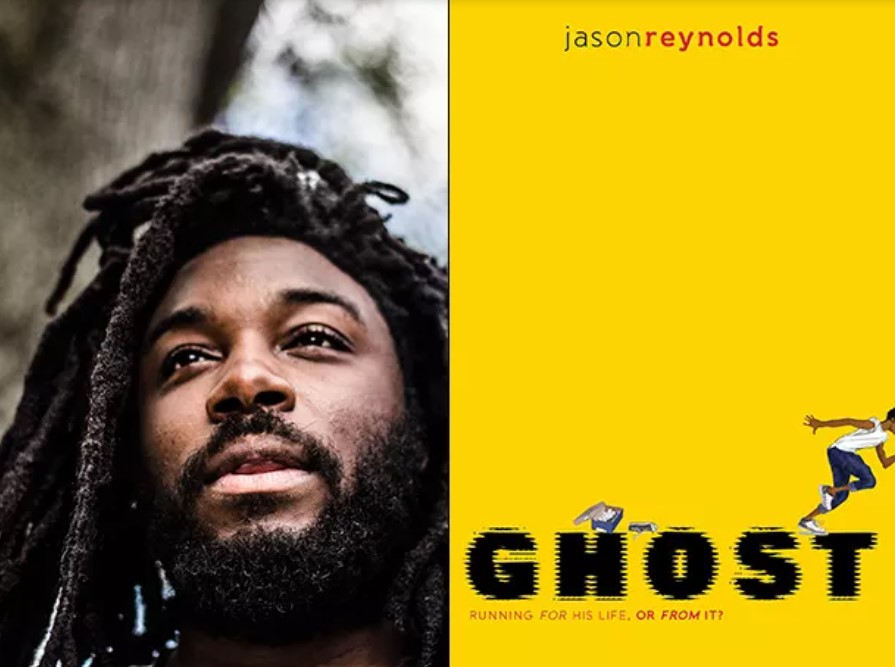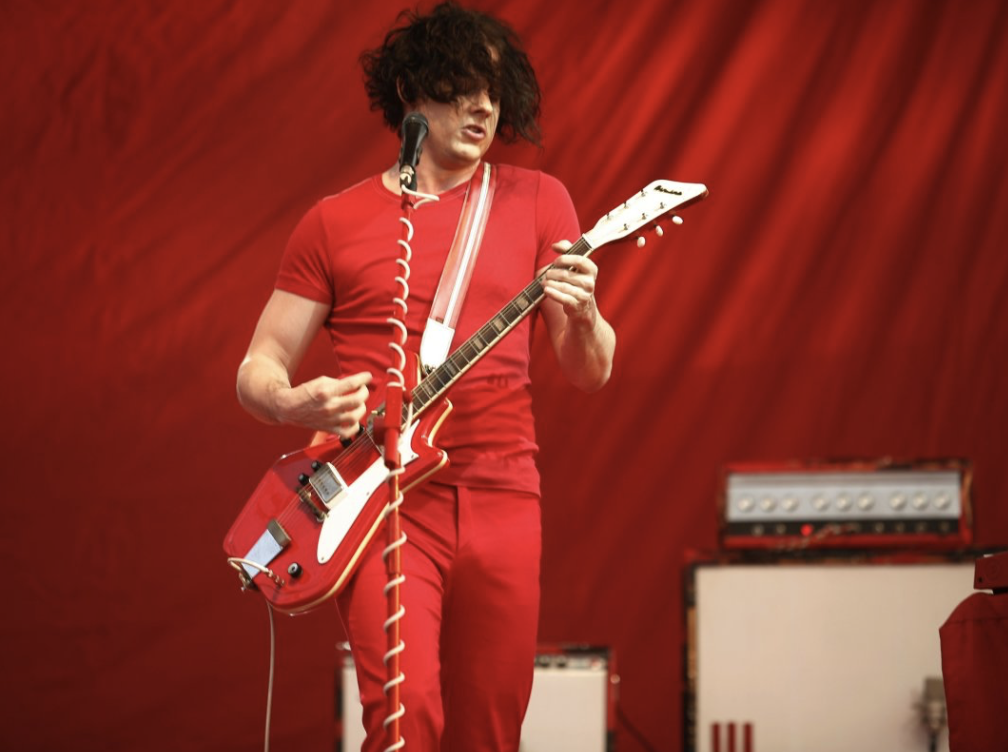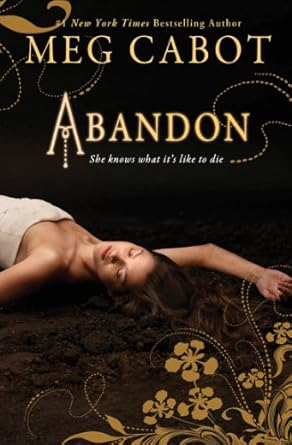Bob Marley: One Love is a biopic on one the most famous Jamaican Reggae artists, Robert Nesta Marley, more commonly known as Bob Marley. The film displays Bob Marley and The Wailer’s working through adversity to release “Exodus”. The name Exodus comes from the Bible. The story focuses on the enslavement of the Israelites and the plagues of Egypt, and the overall theme of the story is based on redemption. Marley was a follower of the Rastafari Beliefs and deliberately named his album after the story from the Bible to unify people with music through positive messages from Scripture. Exodus is an album created to stop the political violence that had risen in Jamaica after gaining its independence from British Colonization. Marley and The Wailers created Exodus in London after an assassination attempt on Marley in his home. The assassination attempt left Marley, his wife, Rita Marley, and Marley’s manager Don Taylor with multiple injuries. Although all lived, the event displayed the lengths that people would go to due to the hate festering within them. After the attempt Marley and The Wailers would exile themselves from Jamaica and go to London, where Exodus would be created.
The film takes parts of Bob Marley’s life and the creation of Exodus to create a perfect story to follow throughout the film. While the story mainly focuses on Exodus, throughout the film, “flashbacks” of Marley’s life are displayed, such as moments with his wife and friends or the creation of his songs. Typically, the flashbacks will reflect a lesson or important aspect of Marley’s life that becomes prevalent later on. Another interesting feature is the creative liberties taken with the film. Like most “Based On A True Story” films, One Love slightly alters and dramatizes events that occurred, however, there are very few scenes like this and in fact, they improve the movie. The greatest usage of creative liberties comes when Bob Marley revisits his home after years abroad in London, in this scene he’s face to face with the man who shot him, the shooter begs for forgiveness and Marley accepts his apology. This scene never translates to an actual event that occurred, instead, the scene in the movie is derived from an interview where Marley would explain that everyone deserves a chance for redemption and that he forgives his shooter. This addition works incredibly well, not only does it tie back to the purpose of Exodus but it also shows the audience a version of Marley’s forgiveness that works with a film.
While many scenes added are great, they would only work as well as they do with the incredible performances in them. Kingsley Ben-Adir took the role of Bob Marley, a casting choice with a lot of criticism behind it, with many expressing their dislike of a British actor over a Jamaican actor or a member of the Marley family. However, Kingsley was chosen by Ziggy Marley, son of Bob Marley and producer for the film. Ziggy’s choice for Kingsley would show to be a perfect fit, although Kingsley knew very little of Marley, he would begin to study Bob’s life, music, and Jamaican culture as a whole, redistributing what he learned into his performance. Fellow Actress, Lashana Lynch went through a similar process of studying who she was portraying, leading both her and Kingsley’s performances to capture a very close resemblance to who the Marleys were, down to the dancing and speech mannerisms, although their Jamaican accents are not perfect they deliver a spectacular performance in every single scene. Many side characters also have great performances, although they are minor roles, it’s clear every actor was passionate about the roles and film they were a part of.
The actors were not the only passionate people working on the film, everyone working on the film was dedicated to creating an incredibly faithful story. Every scene is full of masterful camera work, creating very unique shots accompanied by beautiful color grading. Colors are used during many scenes to reflect the emotion of a scene, whether it’s more vibrant and jovial looking or dark and uneasy. The colors are camera work throughout the film acting as another character who narrates the story without a single word being said. Another great aspect of the filming came with locations, rather than shooting on sets, scenes were filmed on location, which mostly consisted of Jamaica and London. The crew knew that to truly create a Marley Movie, Jamaica’s energy and love for Marley would also need to be captured. Many historical locations such as Marley Home and Strawberry Hill were revisited. This filming decision not only made the film appear more lively but also helped actors further sink into Jamaican culture.
Other filming techniques that heavily improve the film are editing and sound design, One Love is a musical biopic, making sound design the most important part of the film. Whenever a song is played, the original song by Marley and The Wailers is inserted over the actor’s performance of the song, with these scenes. The songs and original audio are blended perfectly to create a seamless transition from scene to song or vice versa. One Love is filled with a lot of characters, stories, and events, even though it appears like a lot for a film, it manages to be only an hour and 47 minutes long, which includes the credits. Every scene is the perfect length to keep the plot moving forward, while including many scenes that slow down to further develop its characters and have heartfelt moments. All of these elements come together to form a film full of passion and love for Bob Marley, from the casting to the actual filming. This film is dedicated to a respectful retelling of moments of Bob’s life. Bob Marley: One Love is a story of perseverance, music, and most importantly, the love between people.









jose godina • Apr 4, 2024 at 9:11 pm
great movie and it was really cool learning more about his life
Mark • Apr 2, 2024 at 5:19 pm
God bless Bob Marley in heaven and his family, “Blessings” Peace Love and Happiness️
Megan Martindale • Apr 2, 2024 at 3:42 am
Thanks for writing this article on my fellow countryman Robert Nesta Marley. I can it was a privilege to watch him performed at my mom’s church the Ethiopian Orthodox Church as a child. He sang No Woman No Cry. It was electrifying to see the King of Reggae singing live. My only regret was I did not get to take a picture with him. What a Legend, what a man. His music and legacy will be forever.
L. Carl • Mar 8, 2024 at 8:11 pm
Went to see the film. Your review is right on par with the message of the movie on my favorite musician and artist. I am Jamaican this movie is the best movie I have seen concerning Jamaica and a Jamaican star. Arguable the most famous.
Faith W. • Mar 7, 2024 at 7:50 am
I like how in this article you really went into depth on what this movie was about and how some scenes were dramatized to the event that occured.